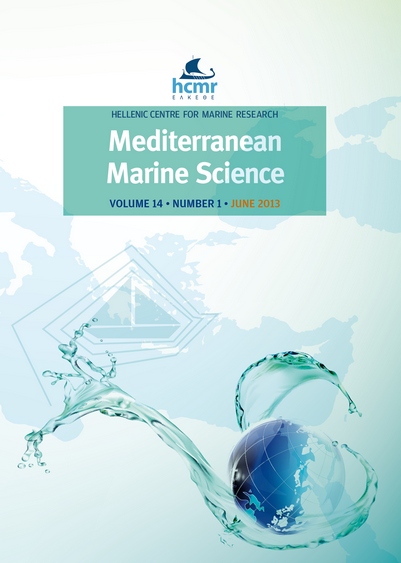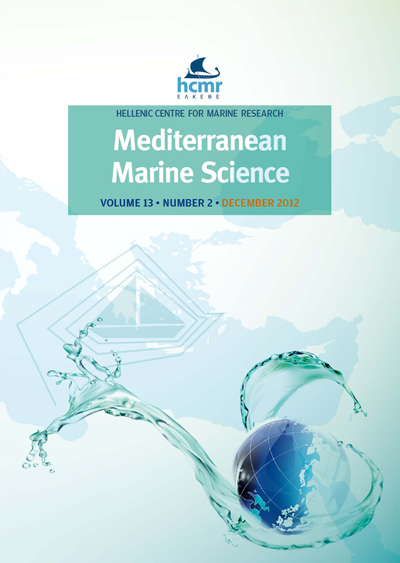Is it possible to determine the economic impact of jellyfish outbreaks on fisheries? A Case Study – Slovenia

Abstract
The interdependence between the economy and the environment is becoming a fact of increasing importance. Productive coastal areas have been recognised as one of the most valuable ecosystems from an ecological and socio-economic point of view. In this paper we focus on the massive presence of jellyfish in the northern Adriatic and their effect on the Slovenian economy. Our results indicate that high jellyfish abundance in 2004 resulted in a reduction of fish catch, value added, gross income, and employment in the fishing industry. Moreover, the government and the EU have acknowledged the impact of jellyfish on the fishing industry by allocating financial help to the fishermen involved. We attempted to assess other factors influencing the fishing industry but none were statistically significant. The input-output analysis has not revealed a significant impact on the entire Slovenian economy presumably due to the small contribution of the fishing industry to Slovenian GDP. Our work is a first attempt to relate ecological changes such as jellyfish outbreaks in the northern Adriatic to the wider economy and we suggest that such a methodology can be applied to other countries/regions and to other natural phenomena affecting the economy.
Article Details
- How to Cite
-
NASTAV, B., MALEJ, M., MALEJ Jr., A., & MALEJ, A. (2013). Is it possible to determine the economic impact of jellyfish outbreaks on fisheries? A Case Study – Slovenia. Mediterranean Marine Science, 14(1), 214–223. https://doi.org/10.12681/mms.382
- Issue
- Vol. 14 No. 1 (2013)
- Section
- Research Article
Authors who publish with this journal agree to the following terms:
- Authors retain copyright and grant the journal right of first publication with the work simultaneously licensed under a Creative Commons Attribution Non-Commercial License that allows others to share the work with an acknowledgement of the work's authorship and initial publication in this journal.
- Authors are able to enter into separate, additional contractual arrangements for the non-exclusive distribution of the journal's published version of the work (e.g. post it to an institutional repository or publish it in a book), with an acknowledgement of its initial publication in this journal.
- Authors are permitted and encouraged to post their work online (preferably in institutional repositories or on their website) prior to and during the submission process, as it can lead to productive exchanges, as well as earlier and greater citation of published work (See The Effect of Open Access).





